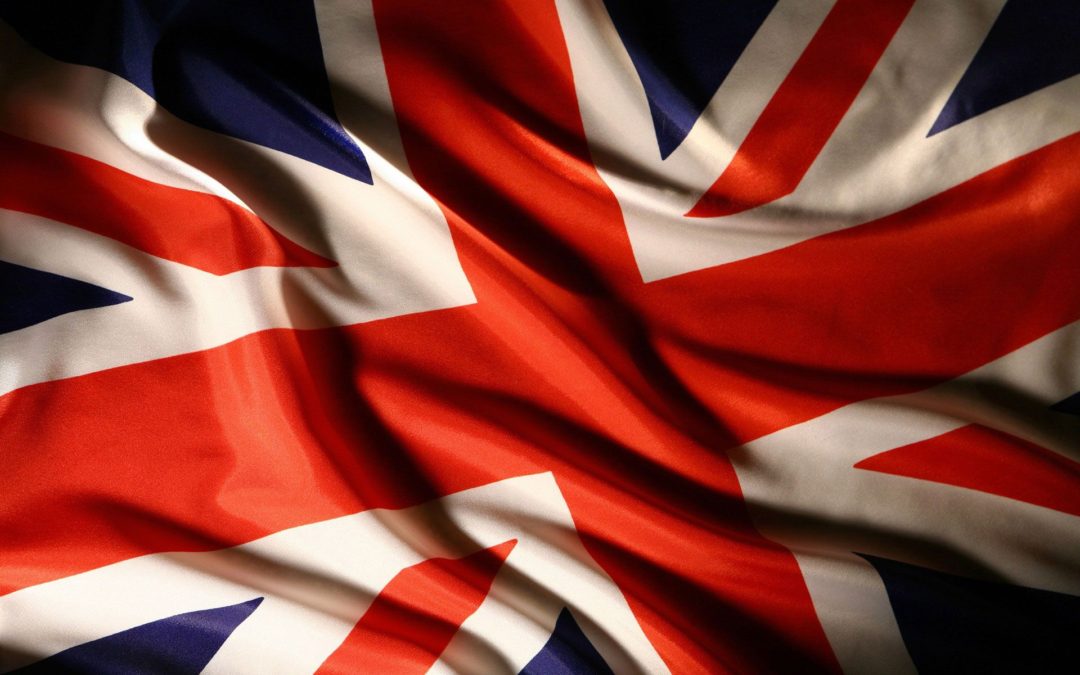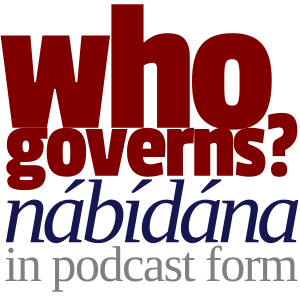When the music’s over, turn out the lights, Jim Morrison intones, as Kensington (fucking Kensington) goes red on the election map. This has been, I think to myself, not a good night for sane electoral mathematics, and I begin to pity anyone trying to be pithily topical in the forthcoming A-Level politics exams. Skip it. 2010 and 2015 much more coherent.
But there is a bright (or at least reassuringly dark) spot. Now the rest of the UK gets to find out much more about the DUP. As a result of a failure to secure a majority, Theresa May’s government will be a minority one, with confidence and supply from all quarters, but particularly relying upon the Democratic Unionist Party. As the party’s website collapsed under the onslaught of people asking ‘What is a DUP’ on Friday, this post is designed as a more in-depth, experiential resource for people anxious to know what the DUP stands for.
First the basics. The DUP is the largest political party in Northern Ireland by seats held. It is a hardline unionist party, guided by the basic principle of the maintenance of the Union between Northern Ireland, Scotland, Wales and England. All other policy principles come after its unionism. It is led by Arlene Foster MLA, the sometime First Minister of Northern Ireland. We’ll cover more about Arlene Foster at a later point, but suffice it for now to say that she enjoys solid and unchallenged control of the party, which is fiercely supportive of its leader. The party was founded as a split away from the Ulster Unionist Party in the 1970s and was led by the militant protestant and political fundamentalist Rev Ian Kyle Paisley until shortly before his death.
In between Arlene and Ian there was Peter Robinson, a prickly and dogmatic (and litigious) hardline unionist with a fairly ‘active’ engagement in forms of ostentatious loyalist protest. There are very old photos of a young (but curiously never smiling) Peter Robinson posing with an assault weapon from long before his political career took off.
The DUP is a curious mix of sophisticated political thought and downright muck-savagery. Share on XIt’s worth saying that there is no doubt at all about the DUP’s opposition to paramilitarism – but it must be recognised that in a deeply divided society all political parties have a role in engagement with violent actors in order to moderate them. There are incidents in the party’s past of people sharing platforms with people they really oughtn’t and directly engaging, particularly with loyalist paramilitaries – and even in this election the not uncontroversial matter of the endorsement of the DUP by the outlawed paramilitary outfit the UDA.
Along with some of the brightest intellects of the generations there are people who believe it’s possible to make a reasoned argument for young-Earth creationism, who think that homosexuality is a sin on a par with sheep theft and for whom hard labour and the death penalty should be reintroduced to the penal system. Don’t get me wrong – every political party has its nutters, but most political parties don’t select them for winnable seats. In Northern Ireland, in most constituencies, the colour of your rosette matters much more than the quality of your intellect. This will have amusing and disheartening consequences in the coming months, particularly when Paul Girvan MP and Jim Shannon MP lumber to their feet. Their additions to the treasury of wit and wisdom of Hansard may be fairly minor.
Meanwhile, on the upper end, the DUP has a number of seriously impressive brains. The team of Nigel Dodds MP, Ian Paisley MP and the newly elected Emma Little Pengelly MP will be quite something to behold when it gets going – and the enhanced importance of their engagement will likely enliven the parliamentary proceedings. People will hate much of what they have to say, and will need a degree of nuance not to throw toys out of the pram every time a blogger reports on something they’ve said that offends them.
The party is described regularly as ‘right wing’. This is only partially true. Whilst there is a clear conservatism in their social thought, they are an essentially redistributive party – particularly keen to redistribute money from wealthy English tax payers to Northern Ireland. This will cause some tensions with the Conservative government, but probably not so badly as is generally speculated. There will be a price to be paid for relying on a party like the DUP for confidence and supply, but no more than in any other hung parliament situation. The DUP is not the same ‘lock up the swings on a Sunday’, ‘Save Ulster from Sodomy’ party it used to be, however horrific those things are. Arlene Foster is her own woman, her own leader and her own person who has more than a hint of modernism in her. Placing her on a spectrum with other political leaders, she fits in comfortably between the dour Nicola Sturgeon and the exceptional and brilliant Ruth Davidson. She’s more relaxed than Theresa May (go figure) and she’s much more battle-ready than many give her credit for.
It’s a sad reality that a Conservative government is now propped up through confidence and supply. It’s nothing short of a scandal that Theresa May threw away a parliamentary majority on a shot-to-nothing. People scanning the DUP’s past for things to hate won’t be disappointed. But the new era of scrutiny for the DUP may well be good for that party and positive for a country worried about a bad Brexit.
People scanning the DUP's past for things to hate won't be disappointed. Share on X


